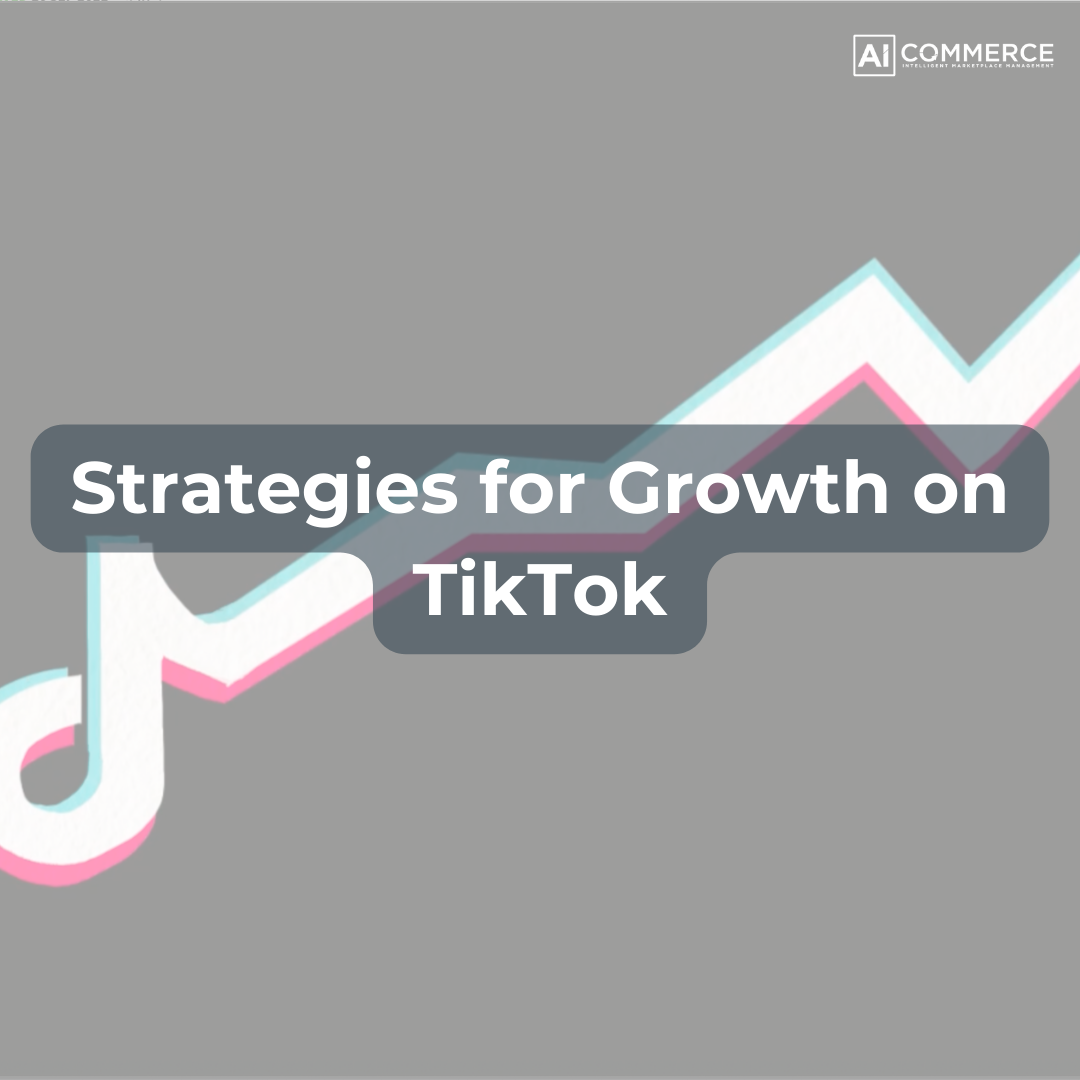A Guide to Social Media Marketing for eCommerce Brands
In today's digital age, social media marketing has become an essential component of any successful eCommerce strategy. With billions of active users across various platforms, social media offers eCommerce brands unparalleled opportunities to engage with their target audience, drive traffic, and boost sales. This comprehensive guide will walk you through the key aspects of social media marketing tailored specifically for eCommerce brands, including strategy development, platform selection, content creation, and performance measurement.
Understanding Social Media Marketing
Social media marketing involves using social media platforms to promote your brand, products, or services. For eCommerce brands, this means leveraging platforms like Facebook, Instagram, Twitter, LinkedIn, Pinterest, and TikTok to connect with potential customers, build brand awareness, and drive sales.
Why Social Media Marketing is Crucial for eCommerce
- Reach a Larger Audience: Social media platforms have massive user bases. By establishing a presence on these platforms, eCommerce brands can reach a broader audience than through traditional marketing methods.
- Engage with Your Audience: Social media allows for direct interaction with customers. This engagement helps build relationships, gain insights into customer preferences, and foster brand loyalty.
- Drive Traffic to Your Website: Social media can drive significant traffic to your eCommerce site. Effective social media marketing can lead users directly to your product pages, increasing the likelihood of conversions.
- Boost Brand Visibility and Recognition: Regularly posting and interacting on social media keeps your brand top-of-mind for consumers. Consistent branding and messaging help establish a strong presence in your niche.
- Cost-Effective Marketing: Compared to traditional advertising, social media marketing is relatively inexpensive. Many platforms offer budget-friendly advertising options that can yield high returns on investment.
Developing a Social Media Marketing Strategy
A well-defined social media strategy is essential for achieving your eCommerce goals. Here's a step-by-step approach to creating a strategy that works for your brand:
- Define Your Goals: Before diving into social media marketing, identify what you want to achieve. Common goals for eCommerce brands include:
- Increasing Brand Awareness: Build recognition and expand your audience.
- Driving Traffic to Your Website: Attract potential customers to your online store.
- Boosting Sales: Convert social media followers into paying customers.
- Enhancing Customer Engagement: Foster relationships and improve customer satisfaction.
- Gathering Customer Feedback: Use social media to collect reviews and insights.
- Know Your Audience: Understanding your target audience is crucial for creating relevant and engaging content. Research your audience's demographics, interests, and online behavior. Tools like Facebook Insights and Instagram Analytics can provide valuable data about your followers.
- Choose the Right Platforms: Not all social media platforms are suitable for every eCommerce brand. Select platforms that align with your target audience and business objectives:
- Facebook: Ideal for reaching a broad audience and running targeted ads.
- Instagram: Great for visual content and influencer partnerships.
- Twitter: Useful for real-time updates and customer interaction.
- Pinterest: Perfect for driving traffic through visually appealing content.
- LinkedIn: Best for B2B marketing and professional networking.
- TikTok: Effective for reaching younger audiences with creative, short-form videos.
- Develop a Content Plan: Your content plan should align with your brand's voice and goals. Consider the following types of content:
- Product Posts: Showcase your products with high-quality images and descriptions.
- Promotional Content: Share special offers, discounts, and sales events.
- Educational Content: Provide valuable information related to your industry or products.
- User-Generated Content: Encourage customers to share their experiences with your products.
- Behind-the-Scenes Content: Offer a glimpse into your brand's operations and culture.
- Engaging Stories: Create compelling narratives that resonate with your audience.
- Set a Posting Schedule: Consistency is key to maintaining an active presence on social media. Create a content calendar that outlines what you'll post and when. Use scheduling tools like Buffer, Hootsuite, or Later to automate posting and ensure regular updates.
Crafting Compelling Content
Creating engaging content is essential for capturing your audience's attention and driving results.
- Use High-Quality Visuals: Visual content is more likely to be shared and engaged with. Invest in professional photography or graphic design to create eye-catching images and videos. Ensure your visuals are consistent with your brand's style and messaging.
- Write Engaging Captions: Craft captions that resonate with your audience and encourage interaction. Use clear, concise language and include a call-to-action (CTA) to prompt users to take the next step, such as visiting your website or making a purchase.
- Incorporate Hashtags: Hashtags help increase the visibility of your posts and attract users interested in specific topics. Research relevant hashtags for your industry and incorporate them strategically into your content.
- Engage with Your Audience: Social media is a two-way street. Respond to comments, messages, and mentions promptly. Engaging with your audience fosters a sense of community and builds trust in your brand.
- Leverage User-Generated Content: Encourage your customers to share their experiences with your products and feature their content on your social media profiles. User-generated content adds authenticity and social proof to your brand.
Running Effective Social Media Campaigns
- Define Your Campaign Objectives
- Set clear objectives for your campaign, such as increasing brand awareness, generating leads, or driving sales. Align your campaign goals with your overall marketing strategy.
- Create a Compelling Offer
- Design an attractive offer or promotion to incentivize participation. This could include discounts, free shipping, giveaways, or exclusive content.
- Use Targeted Advertising
- Social media platforms offer advanced targeting options to reach specific audience segments. Create targeted ads based on demographics, interests, and behaviors to maximize your campaign's effectiveness.
- Monitor and Optimize
- Track your campaign's performance using analytics tools provided by the social media platforms. Monitor key metrics like engagement, clicks, and conversions. Use this data to optimize your campaign and improve results.
Measuring and Analyzing Performance
To ensure your social media marketing efforts are paying off, regularly measure and analyze your performance.
- Track Key Metrics
- Engagement: Likes, comments, shares, and overall interaction with your content.
- Reach: The number of unique users who see your posts.
- Click-Through Rate (CTR): The percentage of users who click on your links.
- Conversion Rate: The percentage of users who complete a desired action, such as making a purchase.
- Return on Investment (ROI): The revenue generated from your social media efforts compared to the cost.
- Use Analytics Tools: Most social media platforms offer built-in analytics tools. Additionally, you can use third-party tools like Google Analytics, Sprout Social, or Socialbakers to gain deeper insights into your performance.
- Analyze Your Results: Review your analytics data to identify trends, successes, and areas for improvement. Adjust your strategy based on these insights to enhance your social media marketing efforts.
Staying Ahead of Trend
Social media is a dynamic field with constantly evolving trends. Stay informed about the latest trends and best practices to keep your eCommerce brand ahead of the competition. Subscribe to industry blogs, follow thought leaders, and participate in relevant online communities.
Social media marketing offers eCommerce brands a powerful tool to connect with customers, build brand awareness, and drive sales. By developing a solid strategy, creating engaging content, running effective campaigns, and measuring performance, you can leverage social media to achieve your business goals. Stay adaptable and proactive in your approach, and your eCommerce brand will thrive in the ever-evolving digital landscape.
More About aiCommerce
aiCommerce is a global digital marketing agency with a focus on retail and eCommerce marketplaces. aiCommerce can help your brand grow across eCommerce channels to gain brand awareness, visibility, and increase sales, all backed by our 90-day guarantee. Now is the perfect time to utilize our eCommerce experts to help grow your business. Click the button below to learn more!




